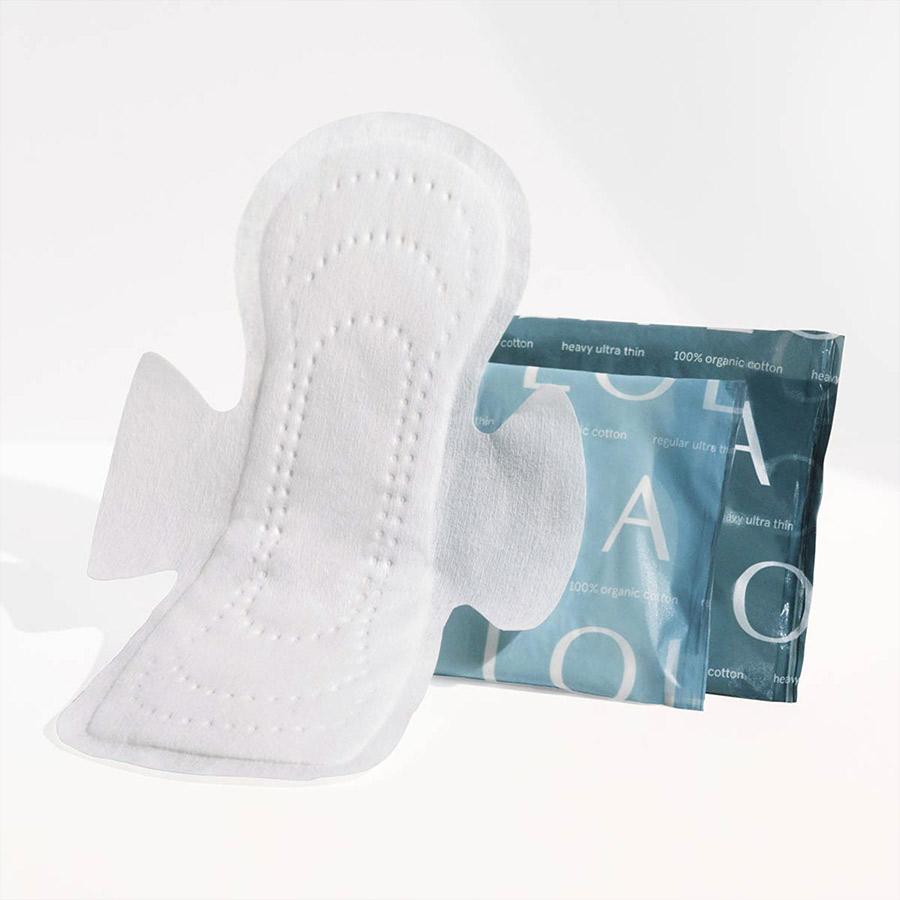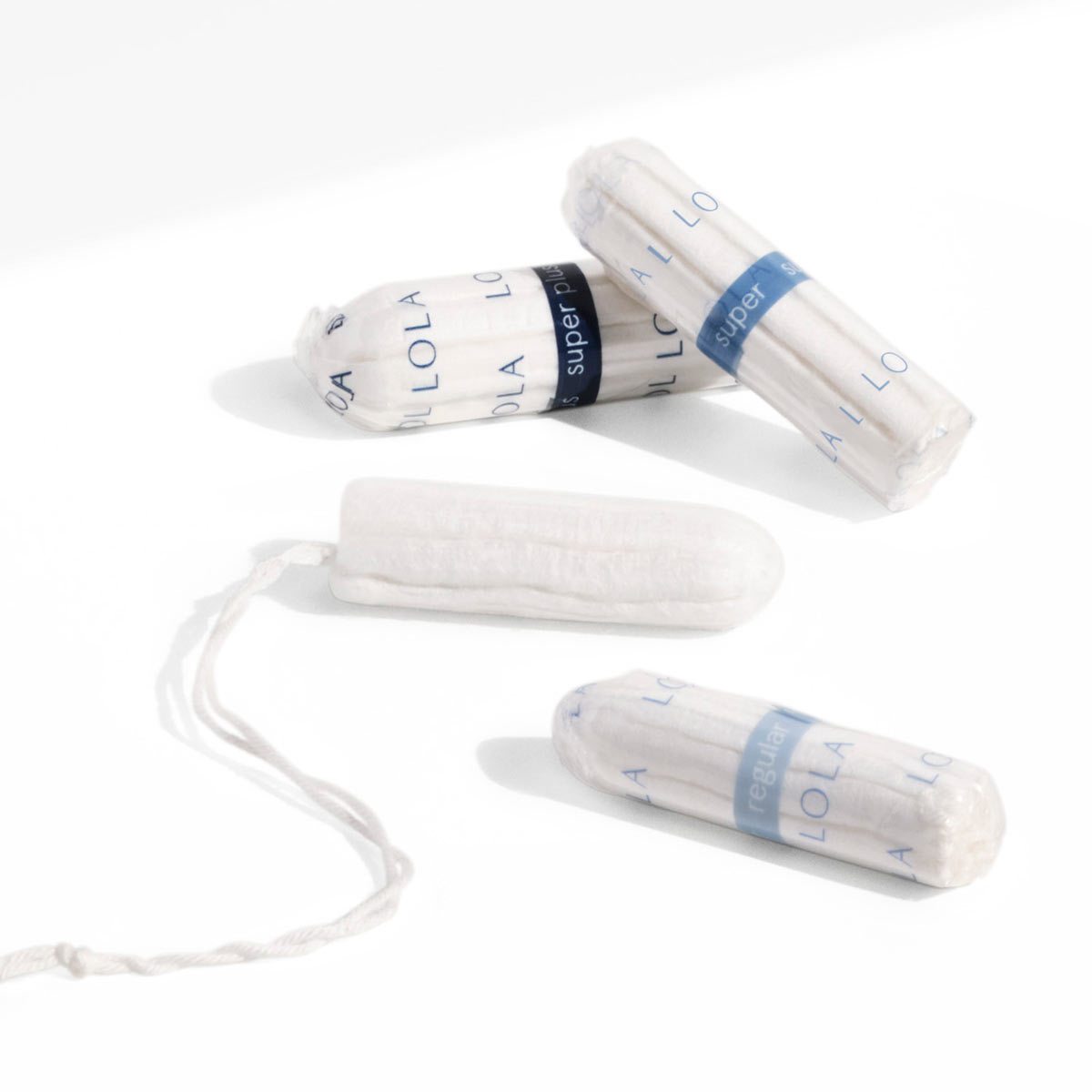Erica McAfee is the founder of Sisters in Loss, a non-profit dedicated to helping Black women and women of color navigate infertility and pregnancy loss.After her own experiences with pregnancy loss and infertility, Erica sought to create a safe and open platform for Black women to share their personal stories and heal. Erica is a member of the Preeclampsia Foundation's MoMMA's Voices and Racial Disparity Committees. She is also a certified birth and bereavement doula, doula trainer, and mentor " and a member of the LOLA Collective.
Sisters in Loss must have come from a very personal place. Tell us how you came to found the organization.
My personal birth story inspired me to do this work. I lost two babies " one at 39 weeks due to preeclampsia and undeveloped lungs, and one at 18 weeks due to cervical insufficiency. When I had Maxwell in August 2014, I almost died. I had a full placental abruption where I lost so much blood, I needed nine blood transfusions and was put on life support. My family was called in because the doctors did not think I was going to make it through the night, and my husband had to sign off on a partial hysterectomy in order to save my life.
Maxwell spent 29 days in the NICU with a brain injury that occurred when the placenta abruption cut off his oxygen. He was diagnosed with Spastic Quadreplic Cerebral Palsy. At 28 years old and newly infertile, I had my rainbow baby and I knew I needed to move closer to family for more support. We moved from North Carolina to Virginia and I took a job with a long commute.
My commute was over an hour each way, so I used that time to pour into myself. I fell in love with podcasts. I loved them so much, I started my own in August 2017. Sisters in Loss was created for Black women and people of color share their stories of healing from pregnancy loss and infertility. I was new to my own infertility diagnosis and wanted to interview women who, like me, experienced loss and were trying to navigate infertility. I knew there were alternative paths to parenthood, like gestational surrogacy and adoption, and wanted to explore those subjects. There were stories out there that needed to be told on a platform that could be healing for the storyteller and the listener. Three years later, the podcast has evolved into a maternal child health company and foundation where we provide resources, tools, and training for grief and loss support.We also offer childbirth education, breastfeeding and lactation after loss support, and training for the next generation of birth, bereavement and postpartum doulas.
Sisters in Loss is focused on supporting Black women through their grieving process. Can you speak to the gap you saw in this space?
When I initially started the podcast, I had no idea how dire the statistics were. Today, the CDC and NIH reports that Black women are 5 times more likely to die from pregnancy-related causes and Black babies are 3-4 times more likely to die in their first year than White babies. I knew we had to share the stories behind the statistics. It wasn't until Forever First Lady Michelle Obama shared her own personal struggles with infertility in her memoir Becoming that Black maternal and infant mortality and morbidity became mainstream. I knew then that our stories needed to be told to provide public health officials, clinicians, doctors, and health providers real-life examples of Black women who experienced trauma, loss, and systemic racism. Culturally, Black people do not share their deep, dark painful moments. Sisters in Loss provided a safe place where I could hold space and stand in the gap for those who needed it. It was the first podcast to focus on pregnancy and infant loss and infertility among Black women.
What are some systemic issues that need to be addressed in our medical system to ensure BIWOC can get the care and support they need?
Racism, not race, is the systemic issue that our medical system needs to address to ensure Black women and people of color are receiving the care they need in birth and beyond. This means listening to us, respecting us, and ensuring we receive adequate care, no matter what our socioeconomic status may be.
Many people in our community have suffered through infertility, miscarriage, and pregnancy loss. Statistics tell us that it's common but it's not openly talked about. Do you think pregnancy-related grief would feel less isolating if there was more of an open dialogue?
Yes, this is why we have to continue to share our stories and not diminish our grief. A miscarriage is still a birth. A stillbirth is still a birth. A chemical pregnancy or missed miscarriage is still a birth and we have to treat them as such, including the postpartum elements that come with it like maternal mental health. My goal in sharing stories on Sisters in Loss is to ensure that everyone leaves with a way to address their grief and healing journey. It is a marathon, not a sprint and it's a lifetime journey of healing. Social media is our way of fostering these conversations that used to be taboo. Connecting with a group online or through Instagram allows you to share your story and be vulnerable to people who may not know you personally, but understand your pain and grief. This support breaks down those taboos,allowing people to open up more and share with their family, friends, and truly turn their pain into purpose and power.
What advice and resources would you offer to a reader who is currently struggling through infertility, suffered a miscarriage, or lost a baby?
If you are currently struggling through infertility, please know that you are not alone on this journey. Do not give up hope and know there is more than one path to motherhood. Please seek a second, third, or fourth opinion on your diagnosis and make sure your providers are listening to you. If you do not feel supported, find a different provider. Do not neglect your mental health. Make an appointment with a maternal health professional specializing in infertility who can help you through this process. Get involved with community groups like Sisters in Loss, Fertility for Colored girls, and Black Women and Infertility.
If you have recently suffered a miscarriage, you are not alone " 1 in 4 women have been where you are. Have you given yourself time to grieve the loss of your baby? Take the time to mourn, journal your feelings, and seek help from a maternal health professional who specializes in grief. Get involved with like-minded groups, and share your story with a safe and understanding community.
If you recently lost your baby, I am so sorry. Losing a child is the most painful grief a parent will ever endure. There are many parents that have been in the exact place and mental space you are in. Take time to journal your feelings, your expectations of what you feel you have lost, and seek help from a maternal mental health professional. Join a community for more resources on how to heal, gain clarity and peace, and find hope in a path forward after loss.
For those who are looking for a support system for any stage of grief, how can they get involved with Sisters in Loss?
Readers can join our community at sistersinloss.com/community.
They also can listen to our podcast (bit.ly/sistersinlosspodcast) and join our weekly newsletter (sistersinloss.com/newsletter).











